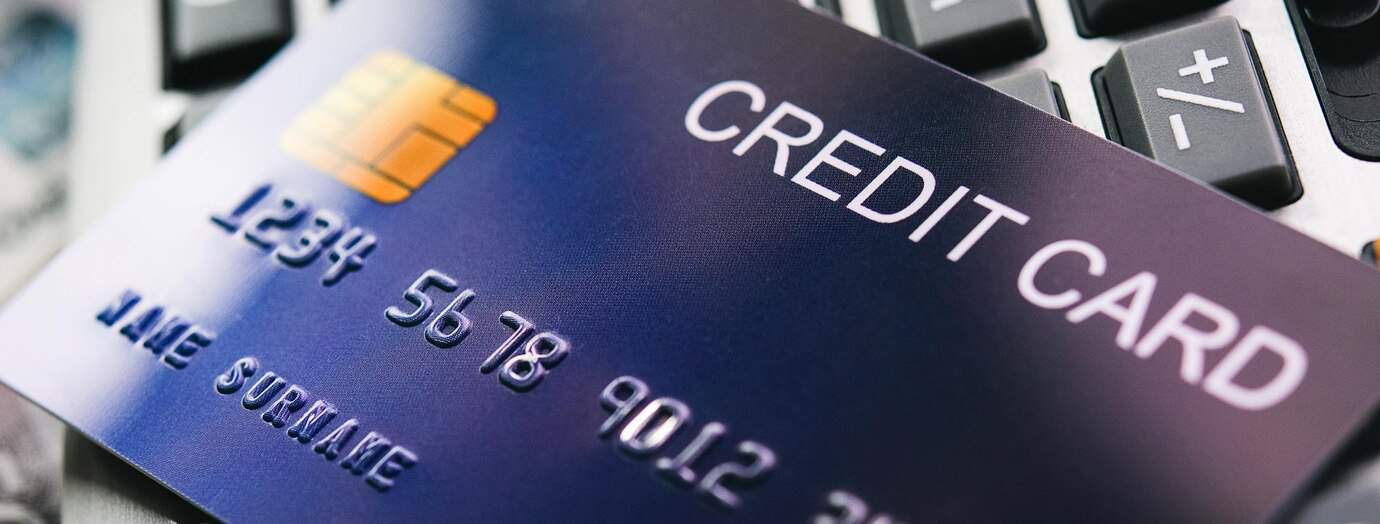My oldest daughter and I were talking about credit cards the other day, so I wanted to pass along some information/advice on getting and using them. She is 19 and just starting out trying to establish credit, so I gave her this info and thought I would share it here in case it’s helpful. #ParentDuties
Credit is a necessary thing to establish and to keep good scores. Having an established credit history will be needed if/when you need a car loan or a home loan to buy a house. I’ve even heard of stories where a bad credit score can lead to not being offered certain jobs. So, it’s a necessary thing to build up and keep high scores.
- Carrying a Balance
Sometimes it’s unavoidable and you must carry a balance and make smaller monthly payments to pay it off. Carrying a balance is when interest comes into play. Interest is a fee you pay for the privilege of using the issuers money on the credit card. For newer credit accounts this can be upwards of 30%. So, if you carried a balance of $1,000 and made payments on it, you would pay $300 in interest annually. Ouch. Advice: Only charge what you can afford to pay off each month if you can. Like I said, sometimes bigger things come up (car repair, etc.) and you must go the payment route though.
If you are needing to carry a balance, set goals to pay it off as quickly as you can. Say you had to buy new tires for $700. Set a goal to pay say $50 per month to pay it off in about a year and a half with interest. Doing this will help build credit history as making on time payments consistently is one of the biggest factors in a credit score. - Credit Score
I mentioned this in the intro. There are 3 companies that issue people a “Credit Score” which indicates the level of risk you are when being evaluated for a loan. You can view an estimate of your score with apps like Credit Karma for free (Heather and I use this). You can also request a detailed full report from the reporting agencies themselves (called “Credit Bureaus”) usually once per year. Be careful about being charged to obtain your credit report though…You shouldn’t have to pay for infrequent reports.
Bureau links:
Equifax
Experian
Transunion
Your credit score will vary a little between the three companies because they calculate them in slightly different ways.
Important: Because credit is required to make larger purchases with higher loans, it is important to maintain a high credit score. Scores are considered in these categories:
Excellent (781-850)
Good (661-780)
Fair (601-660)
Poor (300-600)
Things like your payment history on accounts, how long you have had credit, and how much of your available credit you are using all factor into this magic credit score. I can help you sign up to check your credit reports and scores if you need me to. - Interest Rate
This is a key consideration if you might carry a balance on the card for longer than a month. For many cards they offer a variable interest rate between about 15-28%. That’s painful to have to pay just for the privilege of using their money! It doesn’t matter if you keep the card paid off. But if you can’t pay it all off every month, you will pay this rate on your balance annually. - Annual Fee
I try to avoid these. I haven’t run across a scenario where it was worth having to pay an annual membership fee just to have a card. Look for $0 Annual Fee. - Visa, MasterCard, Discover
These don’t matter much as far as what kind of card you get, especially between Visa and MasterCard. They are accepted at the same places with very few exceptions (Costco is one exception as they only take Visa). Capital One’s offerings are typically MasterCard. - Rewards
I pay attention here. These are incentives to use their card. Our primary card from Capital One, for example, pays a cash back reward of 3% on restaurants and 1% on other stuff. I prefer cash back to airline miles just because we don’t fly a lot. - Credit Card companies
I did a quick search for the best credit card deals and these are ones I would consider if I was just starting out establishing credit.- Capital One (www.capitalone.com).
Annual Fee: $0
Rewards: Cash back
Interest: 15-22% Variable
Notes: Solid mobile app and website for managing payments. The Quicksilver card is a good one as is the Savor One which pays higher rewards for restaurants. They also offer higher cash back rewards up to as much as 10% through a ton of specific stores if you activate the deal from the Capital One website. - Discover (Referral Link).
Annual Fee: $0
Rewards: Cash Back
Interest: 14-24%
Notes: The “Referral” link above gets us both a $100 statement credit if you sign up and are approved. They also offer a student card which might be easier to qualify for. - Petal 1 (www.petalcard.com).
Annual Fee: $0
Rewards: Cash back
Interest: 22-32% Variable (BAD)
Notes: Designed for new credit customers. They say they pre-qualify people to make it easier to get, but the interest rate is ugly.
- Capital One (www.capitalone.com).
- Secured vs. Unsecured cards
“Secured” means you must make a deposit with them and then spend against the deposit. This helps for people with little to no credit or bad credit. I stay away from secured cards. Look for “Unsecured” cards.
